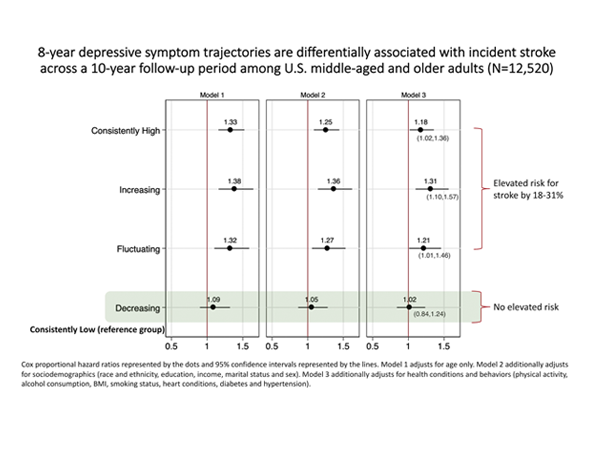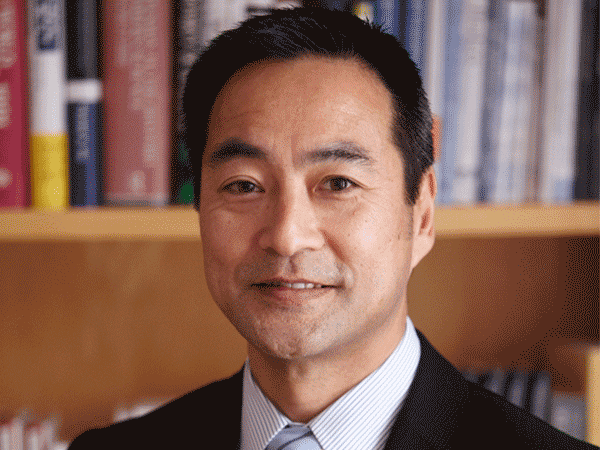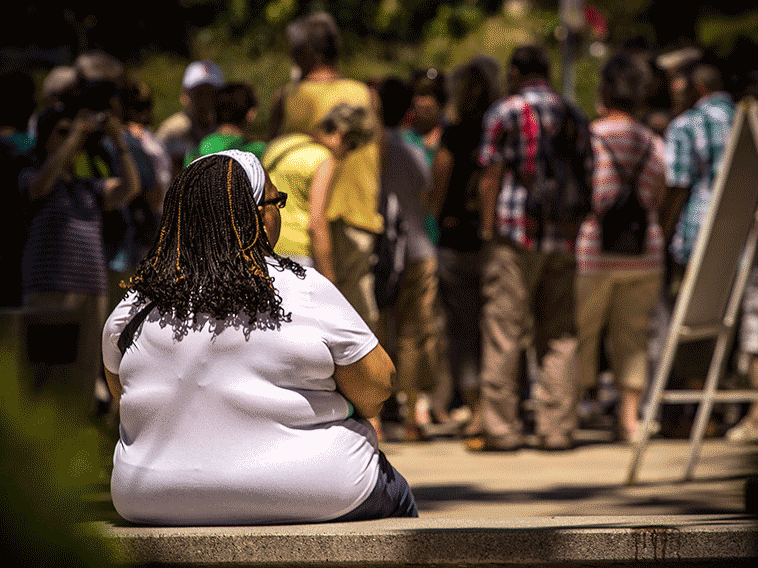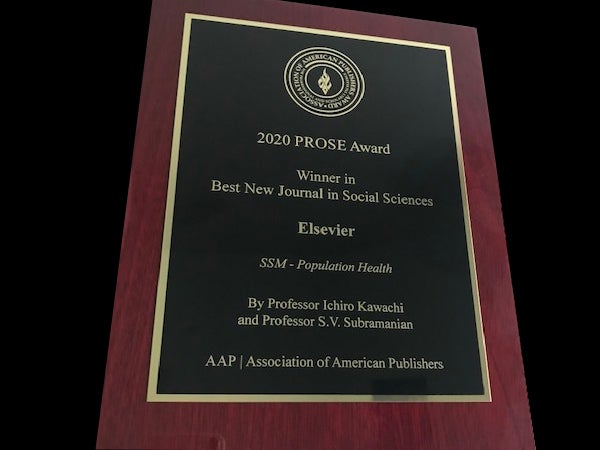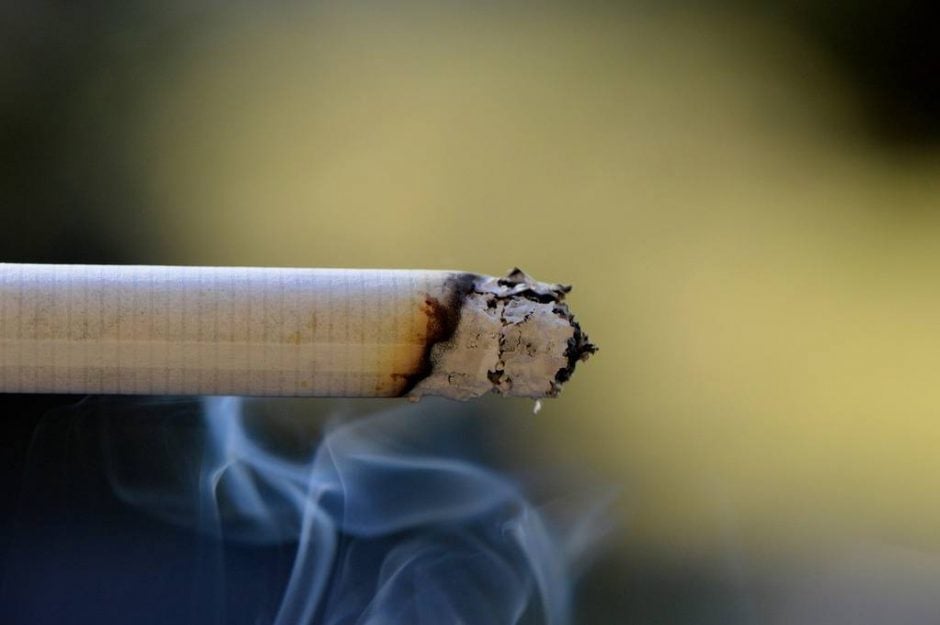This study published in the journal Stroke aims to build upon (and refine) existing evidence linking depression to higher risk of stroke by assessing the relationship between depressive symptoms and stroke risk over time, “given the remitting-relapsing nature of depressive symptoms.” Authors include HCPDS Director Lisa Berkman, and faculty members Ichiro Kawachi and Laura Kubzansky.
Which subpopulations are more susceptible to mental health issues after experiencing a disaster?
In this study authored by former Harvard Bell Fellow Adel Daoud, PhD, and our faculty affiliate Ichiro Kawachi, and their colleagues, a machine learning approach to parsing out differences in mental health problems after a disaster-related traumatic experience (in this case, older Japanese adults who lived in an area hard hit by the 2011 Great East Japan Earthquake) revealed that some subgroups experienced severe impacts. Those found to be most…
Why is the proportion of deaths from COVID-19 in nursing homes far less in Japan than in U.S.?
Ichiro Kawachi, MBChB, PhD, and his colleague Kazuhiro Abe, MD, PhD have written an op-ed in JAMA Health Forum that suggests that differences in standards of care and financing may be partially responsible for what appears to be differing infection rates between nursing homes in Japan and the U.S.
Taking a closer look at the psychosocial stressors that are thought to affect health and mortality
A study focused on middle-aged and older Americans by Harvard Pop Center postdoctoral fellow Justin Rodgers, faculty members David R. Williams, Ichiro Kawachi, and S V Subramanian, along with their colleague Adolfo G. Cuevas, sheds light on the eight behavioral, biological, and psychological pathways commonly thought to play a role in the association between stress and health.
SSM Population Health wins a Prose Award for best new journal in social sciences
Congratulations to Harvard Pop Center faculty members and journal co-editors Ichiro Kawachi and SV Subramanian on being recognized by the Association of American Publishers (AAP) with this 2020 Prose Award!
When is the best time to prevent early childhood obesity?
Harvard Pop Center faculty members Tracy Richmond, Mauricio Avendano, and Ichiro Kawachi, along with their colleague Inyang A. Isong, have published a study that takes a longitudinal look at the weight and growth status of kindergarten-aged children from various racial/ethnic backgrounds.
Could higher workplace social capital help to prevent suicide among workers in Japan?
Harvard Pop Center faculty member Ichiro Kawachi is among the authors of a study that finds an association between suicidal ideation and low social capital (a supportive network based on trust, reciprocity, cooperation and connection to others) at work.
Affirmative action bans linked to increased smoking among minority students in their teens (and beyond)
Affirmative action bans may do more damage to minority students than just negatively impact their educational and socioeconomic opportunities; a study has linked these bans with an increase in health risk behaviors, such as smoking, among those in the 11th and 12th grade. Authors include Harvard RWJF Health & Society Scholars program alumni Rourke O’Brien and Alexander Tsai (who is also a Harvard Pop Center faculty member) as well as…
Parenting style carries weight when it comes to offspring’s mid-life BMI
A study published in Preventive Medicine has found that an authoritative parenting style (one that blends both warmth and control) is associated with healthier mid-life weight among offspring. Harvard Pop Center Director Lisa Berkman, and faculty members Ichiro Kawachi and Laura Kubzansky, are among the authors*. *Other authors include: lead author Ying Chen and Claudia Trudel-Fitzgerald.
Middle and high school racial composition linked to misuse of non-medical prescription painkillers later in life
A study by Harvard Pop Center director Lisa Berkman, faculty members Ichiro Kawachi and Mauricio Avendano, and colleagues has revealed that both white and black students who attended majority-white schools were at higher risk of lifetime, non-medical use of prescription painkillers. Blacks who attended predominantly white schools were twice as likely to report misuse compared to blacks who attended predominantly black schools.
